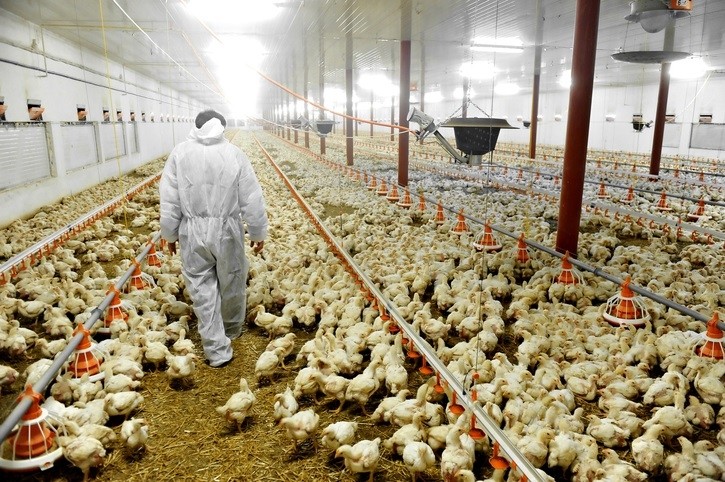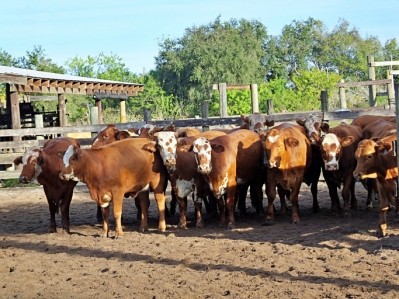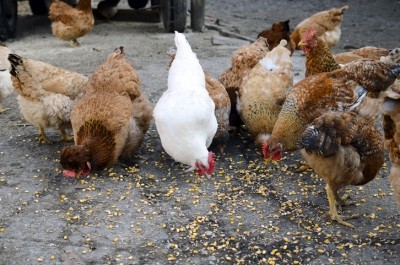Reports from VIV Asia
‘Controlling bacteria is better than killing them’

“When you try to kill a bacteria, they want to survive, to breed. They will find a new way to adapt a new wall,” Dr Fang Chi told FeedNavigator at a recent industry event in Thailand.
“If you raise salmonella in lab conditions, for example, you will find that the cell wall for every generation of the salmonella will become thicker and thicker, again and again. The reason is because they need to breed to survive under this kind of environment.”
Eventually, the bacteria will gain super-bug resistance to organic acids and essential oils, meaning that dosage concentrations will have to increase over time. Instead, they should be allowed to grow, but be prevented from interacting with each other to gain more of an energy source, he said.
Managing the bio-toxins in micro-organisms is central to Amlan’s approach to formulating its animal health additives, he explained.
Its poultry feed additive, Varium, claims to reduce the level of pathogenic challenges in the gut, to strengthen the functions of the intestinal barrier, and to support a healthy immune function. Over the last four years, the product has gained traction internationally as it has been trialed and adopted on commercial farms across Latin America and Asia.
“I think what we are doing is pretty unique because our first step is to really control the biotoxins. These can be the bacterial exotoxin from the pathogens, or just, generally speaking, they could even be a good bacteria if they’re gram-negative. All these things affect the animals, and our core competence is to control all of them,” Dr Chi said.
“We aren’t killing bacteria, we are controlling them. We mimic, we don’t let them talk to each other very well. When they produce a toxin, we take out the toxin so as not to harm the animal.”
'Antibiotics should only be used to treat sick animals'
As regulators gather pace in limiting or banning the use of antibiotics in animal feed, Dr Chi takes a hard line on the pharmaceuticals, saying they should only be reserved for treatment when an animal is sick.
“They are a cure, not a methodology you use to promote growth. If you do something, you must do it a natural way. There is what I call the nourishment program: when raising an animal, you have to provide it with good nutrients and prevent damage to the animal from toxins from micro-organisms,” he said.
“We need to cultivate and educate the immune response system of young animals so they can generate their own antibodies against disease in a more natural way.”















